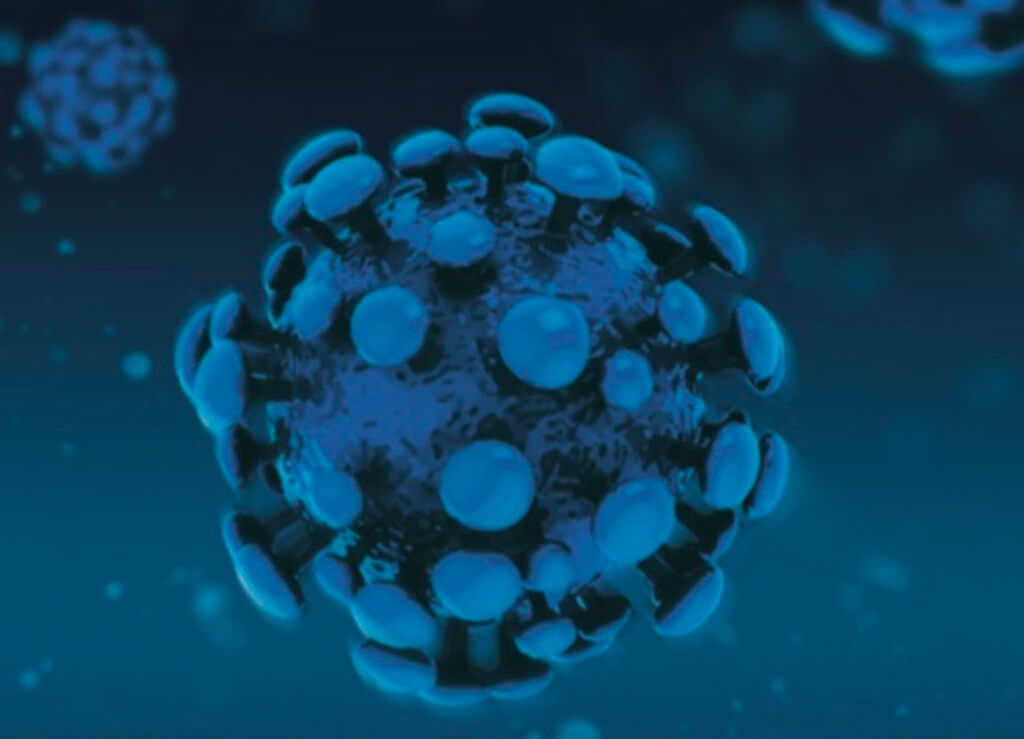Long-Term COVID Symptoms Can Have Effect on Swimmers

Long-Term COVID Symptoms Can Have Effect on Swimmers
More than 678 million doses of the Coronavirus vaccine have been distributed worldwide. While some mark this as a waning of the pandemic at long last, others will continue to deal with the virus’ effects well into the future.
Roughly 30 to 40 percent of people who contract the virus are asymptomatic. The rest experience typical COVID-19 symptoms: fever, body aches, coughing, difficulty breathing, nausea and loss of taste or smell.
While these symptoms are usually expected to last the duration of the infection, some people are experiencing these symptoms weeks and even months after contracting COVID-19 and clearing it from their system. These people, sometimes called “long-haulers,” are typically in the older age range, but can be young, previously healthy individuals as well.
Common long-term symptoms can include extensions of the aforementioned COVID-19 symptoms, as well as heart palpitations and depression, according to the CDC. For some long-haulers, these symptoms can lead to organ damage.
Buse Topcu, a junior swimmer for California Baptist University, was first infected with the Coronavirus in November 2020, in her home country of Turkey. Within the first couple of weeks, Topcu said she experienced coughing and sneezing, sore throats, headaches, body aches and fatigue. She also struggled to think and concentrate, a phenomenon sometimes called “brain fog,” which often made it difficult for her to understand other people and form coherent sentences.
“I was just feeling exhausted every day,” said Topcu. “I couldn’t walk. I was always sleeping, always tired.”
After three weeks of sleeping, taking medication, eating healthy and downing vinegar water, Topcu finally recovered from COVID-19 and traveled back to California to resume training with her college team. Or so she expected.
When she returned to swimming, she quickly realized that she was having trouble breathing during practices and was struggling to swim and walk short distances. Topcu, though cleared of COVID-19 by her team’s weekly testing, was still experiencing the effects of the virus months after infection.
After notifying her coaches, she went to receive scans of her chest to try to locate an issue. While Topcu said she doesn’t yet have an official result, she does know that an issue was found in her lungs.
“What the doctors said is, basically, my lungs are damaged,” said Topcu, “and the capacity of my lungs is not going to be the same as it was before.”
Lung capacity is extremely important to athletes, particularly to swimmers, who spend much of their time competing with their heads under the water. Topcu said she has made significant progress in her training since rejoining her team in late 2020, but the experience has taken a toll on her confidence.
In February 2020, Boscu was out of the water with a broken finger, and was then sent home due to the start of the pandemic in March. Both COVID-19 and her injury kept her out of the water for more than eight months, longer than anyone else on her team.
“It was really hard for me to return to training and I had no confidence,” Topcu said. “But I had to do it somehow, and I just started training. It wasn’t the easiest thing but I had to start from somewhere. It definitely affected my mentality, confidence and everything.”
Topcu was able to compete during part of California Baptist University’s season despite her long-term symptoms. With no pre-existing conditions, her experience was extremely unexpected, but has changed her views on the virus. She says that athletes should be more cautious about contracting the virus even in the midst of the vaccine rollout, because their youth and fitness is no guarantee for a quick recovery.
“Even if they don’t think about themselves, just, their grandparents, their parents, their family, you know, other people can be affected by them,” said Topcu. “They should definitely be careful. It’s a serious thing.”



